Construction Engineering and Management is a specialized field that combines engineering principles with project management techniques to oversee the planning, design, and construction of infrastructure projects. Pursuing a Bachelor of Technology (B.Tech.) in Construction Engineering and Management opens up a wide range of career opportunities in the construction industry. In this article, we will explore the career prospects and job opportunities for graduates with a B.Tech. in Construction Engineering and Management.
Professionals in construction engineering and management are essential for ensuring that construction projects are completed safely, on time, within budget, and to the required quality standards. They play a critical role in overseeing various aspects of construction projects, from initial planning to project execution and delivery.
-
Construction Project Manager: Construction project managers are responsible for overall project planning, coordination, and execution. They manage budgets, schedules, and resources while ensuring quality and safety on construction sites.
-
Construction Site Engineer: Site engineers oversee day-to-day construction activities. They ensure that plans are executed correctly, handle on-site issues, and coordinate with subcontractors and workers to meet project goals.
-
Quantity Surveyor: Quantity surveyors specialize in cost estimation, budgeting, and financial management for construction projects. They assess project costs, prepare tender documents, and manage budgets throughout the project lifecycle.
-
Construction Estimator: Estimators are responsible for calculating the costs of materials, labour, equipment, and other resources required for construction projects. They help organizations prepare accurate project bids and proposals.
-
Structural Engineer: Structural engineers design and analyze the structural components of buildings and infrastructure to ensure they meet safety and performance standards. They work on projects like bridges, buildings, and dams.
-
Construction Safety Manager: Safety managers focus on ensuring a safe working environment on construction sites. They develop safety plans, conduct safety inspections, and provide training to prevent accidents and injuries.
-
Construction Scheduler: Schedulers create and manage project schedules, ensuring that construction activities are properly sequenced and completed on time. They use software tools like Primavera or Microsoft Project.
-
Contract Administrator: Contract administrators manage construction contracts, ensuring that parties adhere to the terms and conditions. They handle contract negotiations, change orders, and claims resolution.
-
Construction Quality Control Manager: Quality control managers are responsible for implementing and maintaining quality standards on construction projects. They perform inspections, quality audits, and testing to ensure compliance.
-
Infrastructure Project Manager: Infrastructure project managers specialize in overseeing large-scale infrastructure projects such as highways, airports, and utilities. They manage complex projects with significant public impact.
-
Facilities Manager: Facilities managers are responsible for the ongoing maintenance and operation of buildings and facilities after construction. They ensure that facilities are safe, functional, and efficient.
-
Environmental Consultant: Environmental consultants assess the environmental impact of construction projects and help organizations comply with environmental regulations. They address issues like soil contamination and habitat preservation.
-
Cost Consultant: Cost consultants provide advice on cost control, cost planning, and value engineering to optimize project costs while maintaining quality and performance.
-
Consulting: Graduates can become construction management consultants, offering expertise to construction firms on project management, process optimization, and efficiency improvement.
-
Teaching and Education: For those interested in education, becoming professors or instructors at universities, colleges, or technical schools is an option. They can educate and inspire future generations of construction engineers and project managers.
-
Entrepreneurship: Some graduates may choose to start their own construction companies or consulting firms, offering specialized construction services or project management solutions.
 4 Years
4 Years
 Under Graduate
Under Graduate
 Engineering
Engineering
 Full Time
Full Time



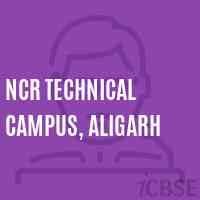

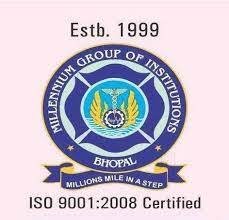

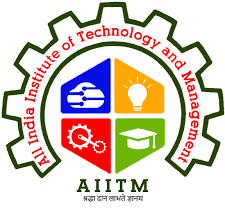

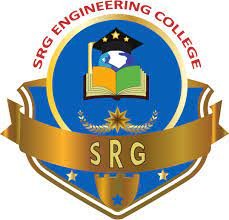





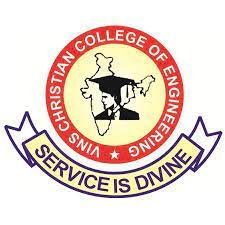

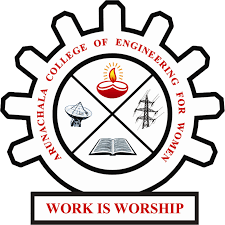



 back
back

